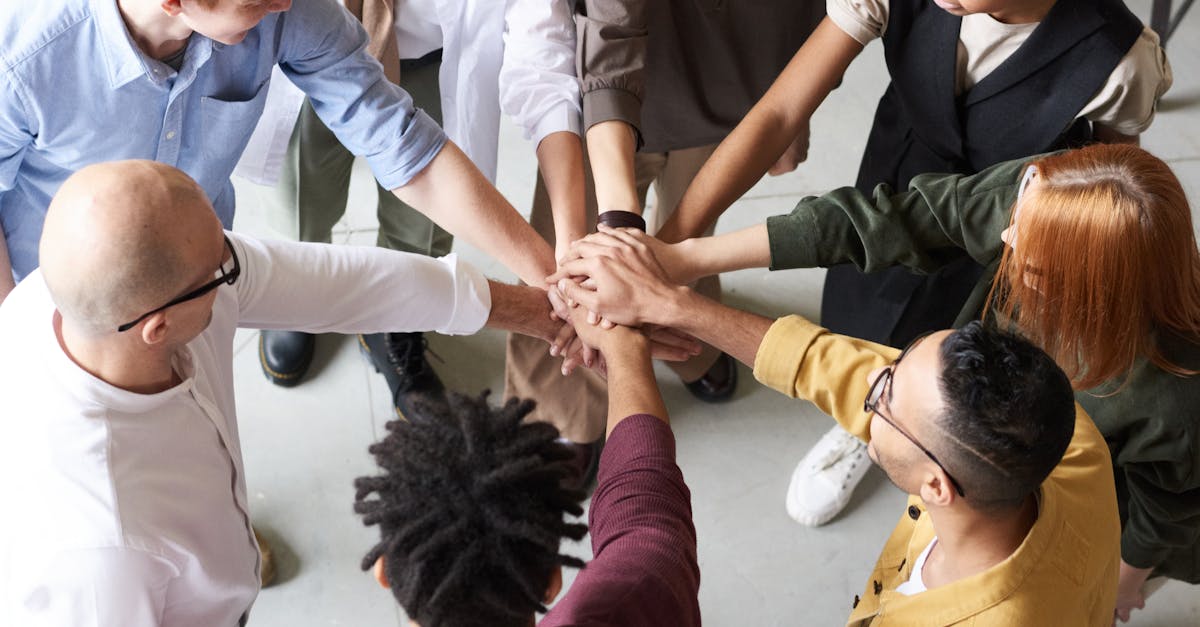
Enhancing Team Dynamics with Assertive Communication
Table Of ContentsPrime Business Coaching
rsonal level, creating a sense of unity and mutual support. When team members feel understood and valued, they are more likely to openly share ideas, concerns, and feedback, leading to increased trust and cooperation. By practicing empathy in team interactions, individuals can build stronger connections with one another, enhancing team dynamics and overall productivity.
Practicing Nonjudgmental Communication
Practicing nonjudgmental communication within a team setting is crucial for creating a positive and respectful environment. By refraining from passing judgment or making assumptions about others, team members can foster trust and open dialogue. It involves actively listening to others without jumping to conclusions or imposing biases on their words and actions. This approach encourages team members to express their thoughts and opinions freely, knowing that they will be heard without fear of criticism.
Nonjudgmental communication also involves being mindful of body language and tone of voice, as these nonverbal cues can convey unintended judgments. Maintaining a neutral and empathetic stance during conversations can help to promote understanding and mutual respect among team members. By practising nonjudgmental communication consistently, teams can build stronger relationships, enhance collaboration, and work towards achieving common goals effectively.
Strengthening Team Cohesion with Positive Reinforcement
Positive reinforcement plays a crucial role in fostering strong team cohesion and motivation among team members. By acknowledging and appreciating the efforts and contributions of each team member, a culture of recognition and respect is established within the team. This not only boosts individual morale but also enhances the overall team dynamics by creating a supportive and encouraging environment where everyone feels valued and appreciated.
Celebrating team achievements and milestones is an effective way to strengthen team cohesion through positive reinforcement. By recognising and celebrating the accomplishments of the team as a whole, team members are motivated to work together towards common goals. This shared sense of accomplishment fosters a sense of camaraderie and unity within the team, encouraging continued collaboration and mutual support.
Celebrating Team Achievements and Milestones
Celebrating team achievements and milestones is an essential aspect of fostering a positive team dynamic. Acknowledging and appreciating the hard work and dedication put in by team members not only boosts morale but also reinforces a sense of accomplishment and pride within the team. By highlighting individual and collective successes, team members feel valued and motivated to continue working towards common goals.
Recognizing team achievements can be done through various means, such as hosting team celebration events, giving shoutouts during team meetings, or providing tokens of appreciation. These gestures not only create a sense of camaraderie among team members but also inspire a culture of support and encouragement within the team. By celebrating milestones together, teams can build a strong sense of unity and collaboration, driving them towards even greater success in the future.
Establishing Boundaries and Respectful Communication Guidelines
Setting clear boundaries and guidelines for communication is crucial in fostering a respectful and harmonious team environment. By establishing expectations upfront, team members can better understand what is considered acceptable behavior and language within the group. This helps to prevent misunderstandings and potential conflicts down the line, ensuring a more cohesive and productive team dynamic.Implementing Conflict Resolution Policies and Procedures
Addressing Specific Conflict Scenarios Through5 Strategies for Mastering Assertive Communication Tailored Policies
The Importance of Assertive Communication in Business CoachingAddressing specific conflict scenarios through tailored policies is a pivotal aspect of effective conflict resolution in the workplace. Each conflict situation may present unique challenges and dynamics that require specific strategies to address them appropriately. By developing policies that are tailor-made to suit the different conflict scenarios that may arise, organisations can better equip their employees and management with the necessary guidance to navigate and resolve disputes effectively.
Tailored conflict resolution policies offer a structured framework for handling diverse conflicts such as interpersonal disputes, performance-related disagreements, or misunderstandings in the workplace. These policies can outline clear steps for addressing each type of conflict, including communication protocols, mediation procedures, and escalation pathways. By delineating specific guidelines for various conflict scenarios, organisations can foster a culture of transparency, fairness, and respect, ultimately leading to a more harmonious and productive work environment.
Incorporating AntiDiscrimination Legislation into Conflict Policies
Incorporating anti-discrimination legislation into conflict policies is crucial to promoting a fair and inclusive work environment. By aligning conflict resolution practices with legal requirements related to discrimination, organizations can demonstrate their commitment to upholding equality and supporting diversity in the workplace. Implementing policies that explicitly address discrimination based on factors such as race, gender, age, or disability h